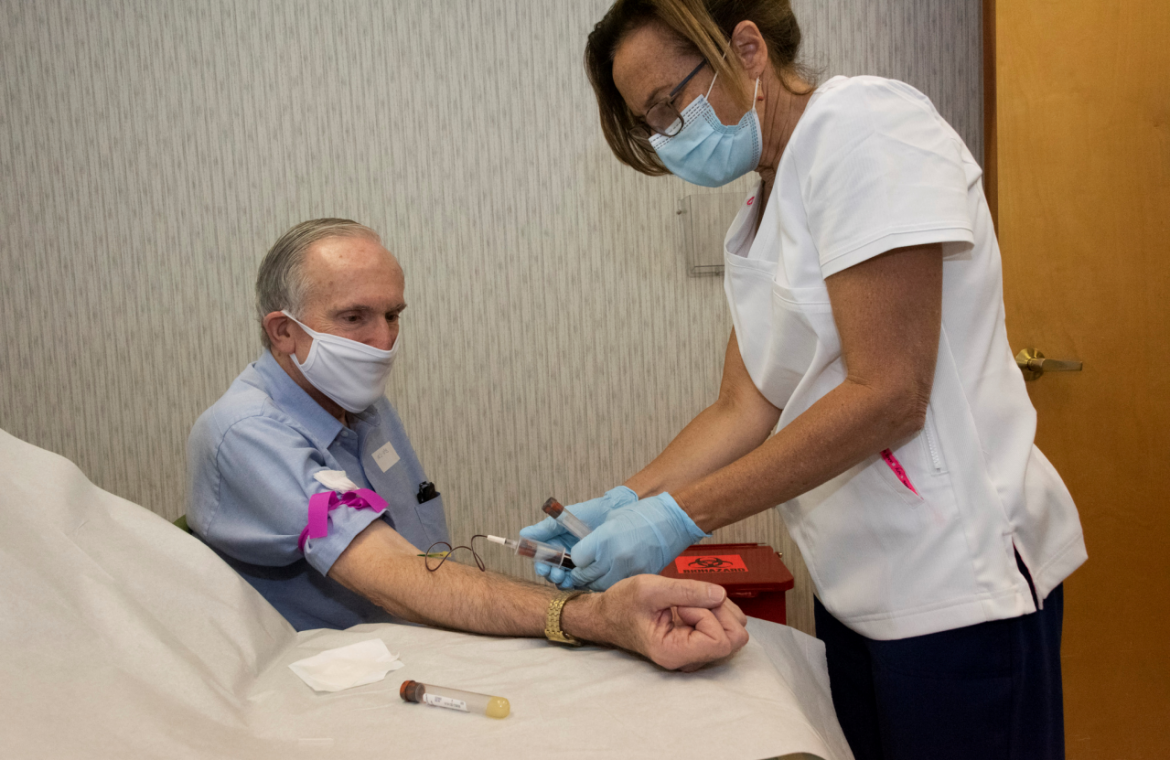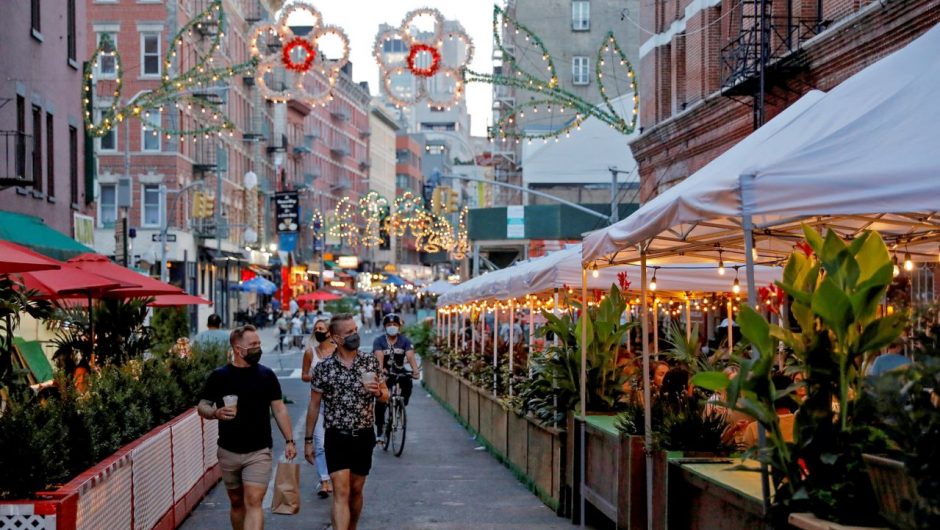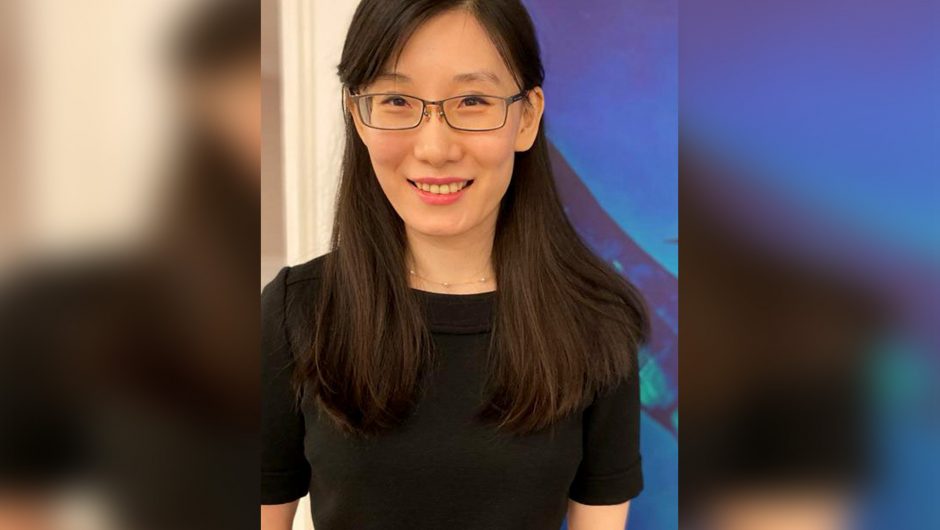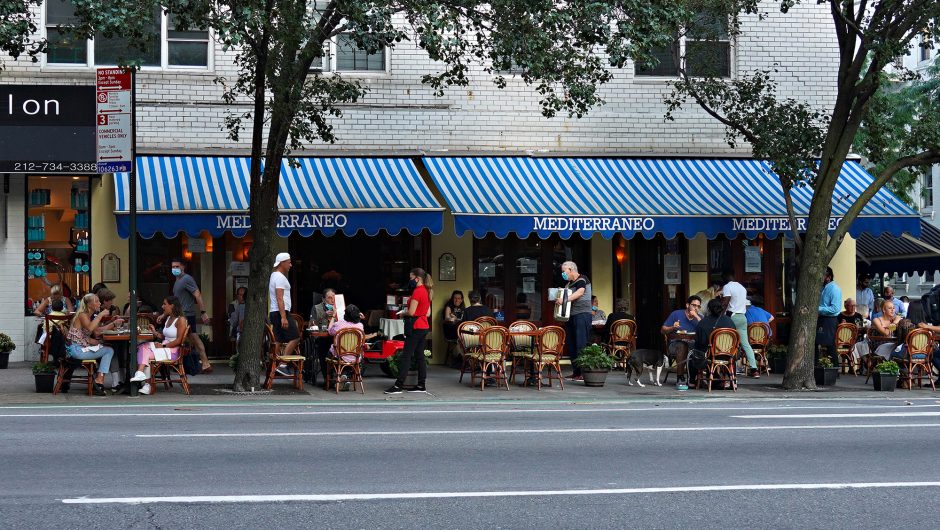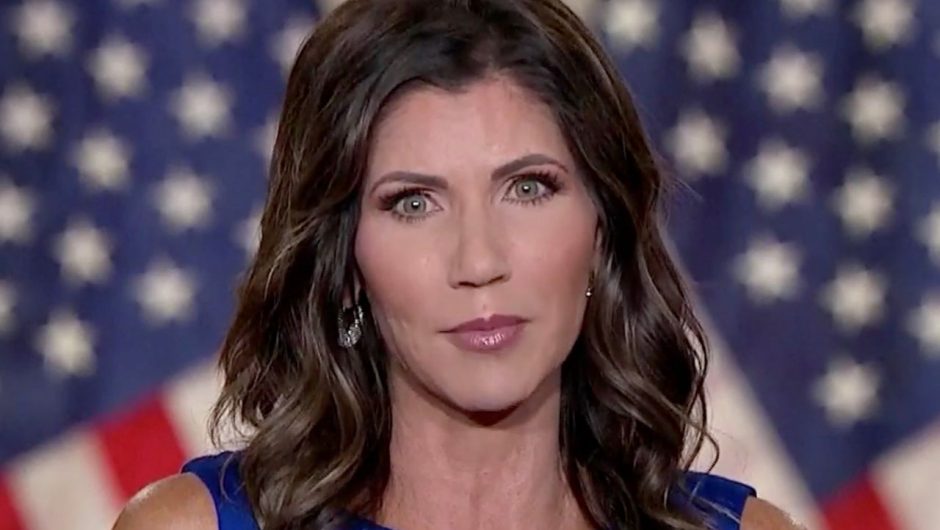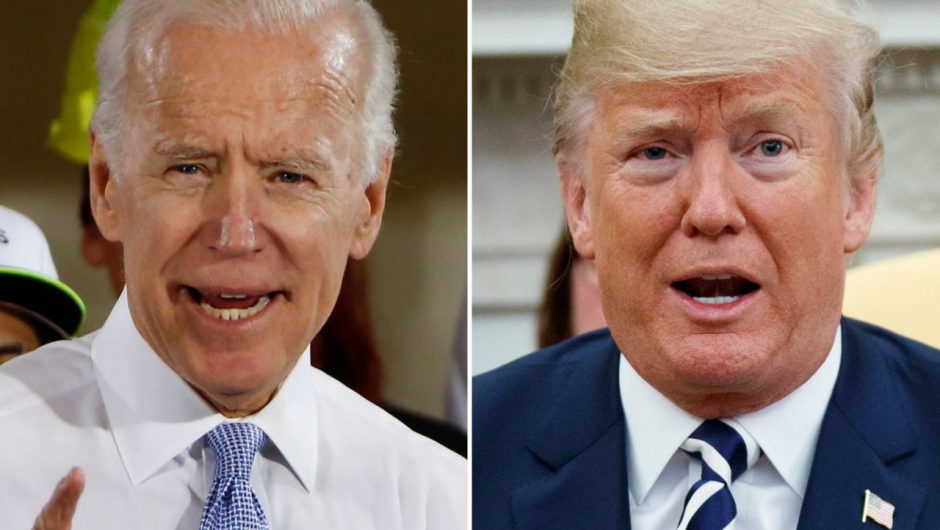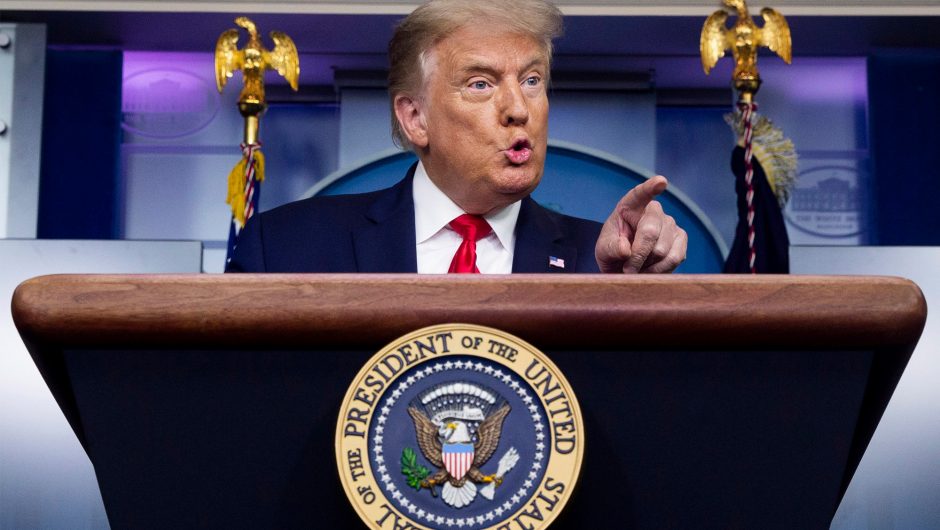Two-thirds of U.S. voters say they won’t try to get a coronavirus vaccine as soon as it becomes available and one in four say they don’t want to get it ever, according to a new USA TODAY/Suffolk poll released the same week that the number of COVID-19 cases surpassed 6 million.
“I don’t plan on being anyone’s guinea pig,” Ebony Dew, an independent from Capitol Heights, Maryland, said. “I don’t plan on getting it at all.”
More: As Americans await a COVID-19 vaccine, health officials worry the US isn’t ready for one
The 40-year-old access control specialist questions the safety of a potential vaccine, echoing concerns shared by millions of Americans.
“I feel like their testing is a trial and error,” Dew said. “And I also feel that they don’t really know all that much about this virus, so how can they create a cure for it just yet?”
The poll of 1,000 voters follows similar surveys conducted in the past month that indicate as many as one third of Americans would decline a vaccine, fueled by mistrust of the Trump administration’s push to speed up its development as well as a sizable slice of the country that generally oppose immunizations of any kind.
Paleologos on the poll: We’re witnessing a citizenry growing distrustful of government, institutions
Raymond Grosswirth, a participant in a Phase 3 clinical trial for a COVID-19 vaccine.
President Donald Trump has been promoting Operation Warp Speed, a multi-agency initiative to expedite rapid production of COVID-19 tests, treatments and vaccines. Its goal is to produce and deliver 300 million doses of vaccine by January. Three vaccine candidates are in Phase 3 trials in the United States, and more are expected to enter Phase 3 trials by the end of September, according to Alex Azar, secretary of Health and Human Services.
Experts say the level of public resistance to an immunization against a virus that has already killed more than 185,000 Americans is concerning because it undermines the utility of the vaccine.
“If you have 330 million doses of vaccine and nobody wants it, it accomplishes nothing. You’ve got to use the vaccine. It’s just as important as how effective the vaccine is,” said Dr. David Salmon, a professor at the Bloomberg School of Public Health at Johns Hopkins University and an expert in global disease epidemiology and control.
Story continues
More: How we’re developing a COVID-19 vaccine at ‘Warp Speed’: Alex Azar
“You probably need between 70 and 80% of the population to get immune in order to really control COVID,” he said. “And when I say immune, I mean both get the vaccine and the vaccine worked for them.”
The USA TODAY/Suffolk poll found that about two-thirds of the 1,000 voters surveyed – 67% – would either not take the vaccine until others have tried it (44%) or not take it at all (23%)
The other third of respondents were split between those who said they would take the vaccine as soon as it’s available (27%) or those who were undecided (6%). Those 75 and older were by far the likeliest to say they will get the vaccine right away.
The poll, taken Aug. 28-31, surveyed registered voters by cell phone and landline and has a margin of error of plus or minus 3.1 percentage points.
Democrats (86%) are more likely than Republicans (61%) to get the vaccine at some point. Men and women were evenly split but the youngest respondents (those under 24) and the oldest (those 75 and older) were the likeliest to get the vaccine either right away or after seeing how the initial immunizations went.
More: Exclusive: The conventions over, Joe Biden leads Donald Trump by a narrower 50%-43% in USA TODAY/Suffolk Poll
Hispanic voters (17%) and Black voters (15%) are less willing than white voters (31%) to take the vaccine as soon as it became available, according to the poll. The survey found that both groups also were likelier not to take the vaccine at all, compared to whites.
Some experts say that voters of color will need to be reassured about the vaccine due to often being treated poorly by those in the medical field.
Antonio Gonzalez, a Democrat from Portland, Oregon, is among those polled who would wait before getting the vaccine.
More: Why volunteer for a vaccine clinical trial? Duty, love and a willingness to experiment, participants say
“I think I would do a little bit of reading just to just to understand the process of this vaccine’s creation and how it aligns up to what could be considered best practices for general vaccine creation,” he said.
Eileen Burnatt-Hall, a Democrat from Palmdale, California, and Debra Hall, a Republican from Farmington, New Mexico, would immediately get the vaccine once it’s available. Both likened it to the flu shot.
“I get the flu shot right away so I don’t know what would persuade me to wait,” Burnatt-Hall, 64, said.
“All these people complain about getting the flu, but they don’t (get) the shot so, I would just go ahead and do it,” she said.
More: Coronavirus live updates: CDC tells officials to be ready for vaccine by November; steroids can help severely ill patients
Forty-one percent of those surveyed would not get the coronavirus vaccine if the federal government mandated it versus 50% of those who said they would.
Dozens of doctors, nurses and health officials interviewed by Kaiser Health News and The Associated Press expressed concern about the country’s readiness to conduct mass vaccinations, as well as frustration with months of inconsistent information from the federal government.
The gaps include figuring out how officials will keep track of who has gotten which doses and how they’ll keep the workers who give the shots safe with enough protective gear and syringes to do their jobs.
David Brockman, an independent voter from Columbus, Indiana, would “consider” getting the vaccine, but would be further put off if he was mandated by the government to get it.
“If they’re forcing me to get something like that, it makes me think more that there’s something behind it,” he said.
As for the vaccine itself, Brockman is still unsure if he can trust it. “I just don’t know if that would be something that right away I would just like stick my arm out and say ‘hey, oh yeah. Give it to me.”
More: Coronavirus vaccine on track for FDA approval by end of 2020, says Operation Warp Speed official
Scientists have also voiced concern over the readiness of the vaccine, worried that pressure from Trump ahead of the Nov. 3 election might lead the FDA to approve the vaccine before it is fully tested.
Concern over political pressure comes after the Food and Drug Administration claimed blood plasma reduced deaths in coronavirus patients by 35% as justification for issuing an Emergency Use Authorization for plasma – another treatment the president has said is promising.
However, Dr. Anthony Fauci, director of the National Institute of Allergy and Infectious Diseases, said he’s confident that the experts in charge of the vaccine will not be swayed by politics.
This article originally appeared on USA TODAY: COVID-19: Two-thirds in US won’t take vaccine right away, poll shows


